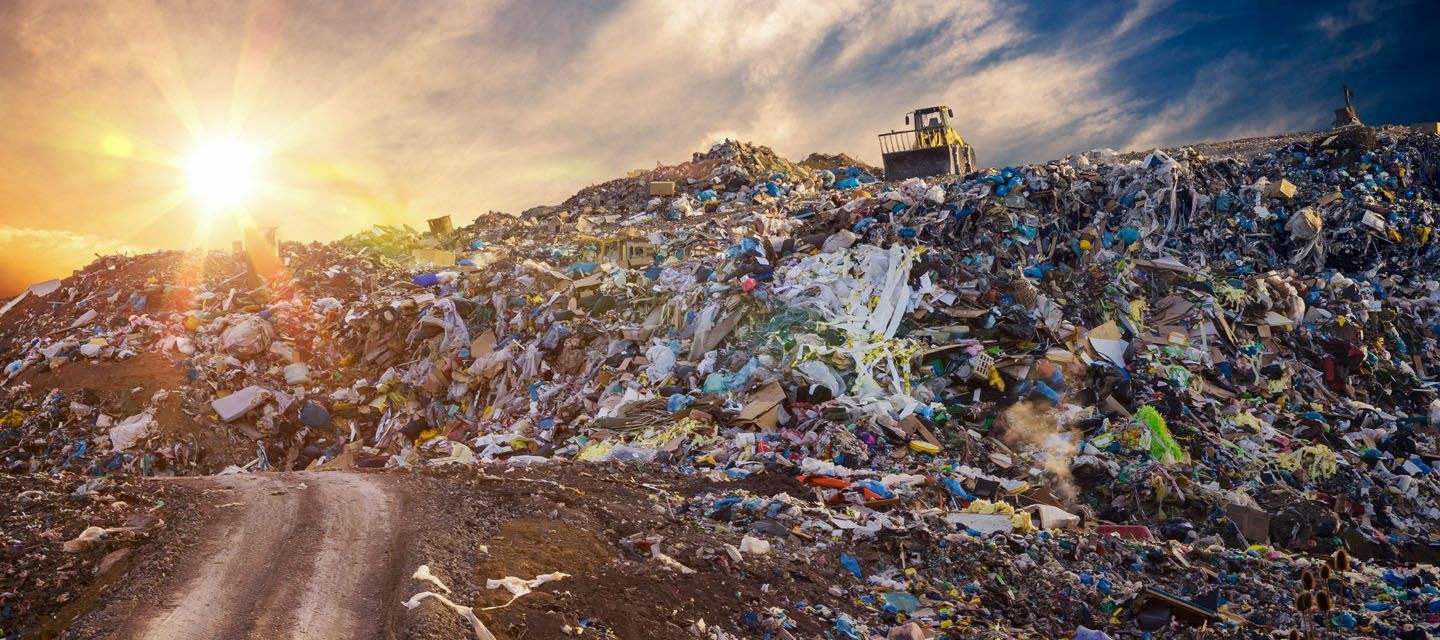Protecting Our Heroes: Understanding the Impact of Asbestos Containing Materials in the British Military
While military personnel face numerous risks during their service, the long-term risks of asbestos exposure cannot be overlooked

The History of ACMs in the British Military
Asbestos Containing Materials (ACMs) have a long history in the British military, dating back to the early 20th century. At that time, asbestos was widely used in various applications due to its excellent heat resistance and durability. It was used in the construction of ships, aircraft, tanks, and military buildings. The use of ACMs continued throughout the decades, with the military unaware of the dangers associated with asbestos exposure.
The Dangers of ACMs and their Impact on the Health of Military Personnel
Unfortunately, ACMs pose significant health risks to military personnel. When these materials are disturbed or damaged, microscopic asbestos fibres are released into the air, which can be inhaled or ingested. Prolonged exposure to asbestos fibres can lead to serious health conditions, including mesothelioma, lung cancer, and asbestosis. The latency period between exposure and the development of these diseases can range from 10 to 50 years, making it difficult to identify and treat asbestos-related illnesses in military veterans.
Exposure to ACMs can occur during various military activities, such as construction, maintenance, and repair work. Soldiers who served on ships or in buildings containing ACMs were particularly at risk. The impact of asbestos exposure on the health of military personnel cannot be underestimated, as it not only affects the veterans themselves but also their families and loved ones.
The Long-Term Risks of Asbestos Exposure Vs. the Short-Term Risks of Conflict
While military personnel face numerous risks during their service, the long-term risks of asbestos exposure cannot be overlooked. While conflicts and combat situations pose immediate dangers, the impact of asbestos exposure can be felt decades after the completion of military service. The health risks associated with ACMs are insidious, slowly deteriorating the lungs and other vital organs over time.
It is essential to recognise that protecting our heroes means not only safeguarding them during active duty but also ensuring their well-being long after they have completed their service. By understanding the long-term risks of asbestos exposure, the military can take proactive measures to minimise exposure and protect the health of its personnel.
Regulations and Guidelines for Handling ACMs in the Armed Forces
In recent years, regulations and guidelines have been implemented to address the handling of ACMs in the armed forces. The Ministry of Defence (MoD) has developed strict protocols for the management and removal of asbestos in military facilities. These protocols include proper training for personnel involved in asbestos-related activities, such as identification, assessment, and removal. The MoD also conducts regular inspections to ensure compliance with these regulations.
Additionally, the armed forces have established guidelines for the safe handling and disposal of ACMs during military operations. These guidelines aim to minimise the risk of asbestos exposure during combat or emergency situations. By adhering to these regulations and guidelines, the military can significantly reduce the potential health risks associated with ACMs.
The Import and Export of ACMs in the Military
The import and export of ACMs in the military have been a cause for concern in recent years. Despite strict regulations on asbestos use within the United Kingdom, it is essential to ensure that ACMs are not inadvertently imported or exported through military activities. The armed forces must remain vigilant in monitoring and controlling the flow of materials to prevent the introduction of asbestos-containing products into military infrastructure.
Efforts to strengthen import and export controls include thorough inspections of incoming and outgoing military shipments, as well as collaboration with international partners to enforce asbestos regulations. By actively addressing the import and export of ACMs, the armed forces can better protect their personnel from potential asbestos exposure.
Case Studies of Asbestos-Related Illnesses in Military Veterans
Numerous case studies highlight the devastating impact of asbestos exposure on military veterans. These studies demonstrate the long-term health consequences of ACMs within the British military. Many veterans who were exposed to asbestos during their service have since developed asbestos-related illnesses, including mesothelioma, lung cancer, and asbestosis.
These case studies serve as a stark reminder of the importance of raising awareness about the risks of asbestos exposure and advocating for justice for affected military personnel. It is crucial to support these veterans and ensure they receive the medical care and compensation they deserve.
The Role of Advocacy Groups in Fighting for Justice for Affected Military Personnel
Advocacy groups play a crucial role in fighting for justice for military personnel affected by ACMs. These groups work tirelessly to raise awareness, provide support, and advocate for the rights of veterans suffering from asbestos-related illnesses. They collaborate with medical professionals, legal experts, and policymakers to ensure that affected military personnel receive the necessary care, compensation, and recognition.
Through their efforts, advocacy groups strive to hold responsible parties accountable for the exposure and ensure that future generations are protected from the dangers of ACMs. Their work is instrumental in seeking justice for our heroes and preventing further asbestos-related illnesses within the armed forces.
Efforts to Raise Awareness and Prevent ACM Exposure in the Armed Forces
Raising awareness about the risks of ACMs and promoting prevention measures is crucial in protecting military personnel. The armed forces have implemented training programs to educate personnel about the dangers of asbestos and the proper handling of ACMs. These programs aim to ensure that all military personnel are aware of the potential risks and take necessary precautions to minimise exposure.
Furthermore, campaigns and initiatives have been launched to disseminate information about asbestos-related illnesses, symptoms, and available resources. By increasing awareness, the armed forces can empower their personnel to make informed decisions and actively protect themselves from ACM exposure.
Legal Implications and Compensation for Asbestos-Related Diseases
Asbestos-related diseases have legal implications, and affected military personnel may be entitled to compensation. Veterans who have developed asbestos-related illnesses due to their service may pursue legal action against responsible parties, including the armed forces or private contractors. Legal professionals specialising in asbestos litigation can provide guidance and support to veterans seeking justice.
Compensation for asbestos-related diseases can help alleviate the financial burden associated with medical treatment and provide a sense of justice for affected military personnel. It is essential for veterans to be aware of their rights and explore legal avenues to ensure they receive the support they deserve.
Support and Resources for Military Personnel Affected by ACMs
Numerous support networks and resources are available for military personnel affected by ACMs. These resources include medical assistance, counselling services, and financial support. Veterans can access specialised clinics and centres that offer comprehensive care for asbestos-related illnesses. Additionally, support groups provide a platform for veterans to connect, share their experiences, and seek guidance from others who have faced similar challenges.
The armed forces, in collaboration with advocacy groups and healthcare providers, must continue to expand and improve these support systems. By providing comprehensive care and resources, we can ensure that military personnel affected by ACMs receive the assistance they need to navigate the challenges associated with asbestos-related illnesses.
Conclusion: Protecting Our Heroes and Moving Towards a Future Free of ACMs
Protecting our heroes in the British military requires a comprehensive approach to address the impact of Asbestos Containing Materials (ACMs). By understanding the history, dangers, and long-term risks of ACMs, the armed forces can implement regulations, guidelines, and training programs to minimise exposure and protect the health of military personnel.
It is crucial to raise awareness, support advocacy groups, and provide resources for affected veterans. By doing so, we can ensure justice for military personnel suffering from asbestos-related illnesses and work towards a future free of ACMs. Let us honour our heroes by safeguarding their health and well-being, both during and after their service.









